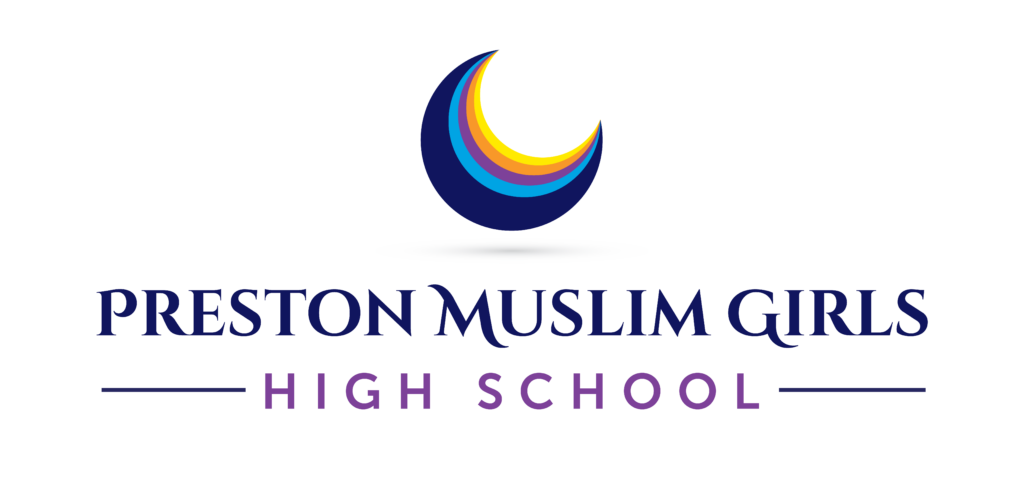Intent
The History Department at PMGHS seeks to inspire and enthuse our pupils through the delivery of a thoughtfully planned, coherently structured and stimulating curriculum. We want our pupils to be curious and knowledgeable about the past through their engagement in a curriculum which achieves outstanding outcomes and opportunities for all abilities.
At Key Stage 3 we have planned a curriculum with a broad and ambitious scope, one that facilitates an appreciation of how the passage of history has shaped our modern, diverse, and democratic nation. Our curriculum is designed to help pupils make sense of current events and to help them appreciate and respect our shared values of tolerance, mutual respect, and the rule of law. We aspire for our pupils to be able to use the knowledge and skills they acquire in History to develop a strong sense of themselves and confidence in their scholarly abilities; their ability to express their points of view with confidence, be it verbally or in writing and in a variety of contexts.
Our KS3 Curriculum focuses on:
- the history of the British Isles in a coherent, chronological narrative, from the earliest times to the present day. How Britain has influenced and been influenced by the wider world.
- the history of significant aspects of the wider world, the rise, expansion and fall of empires and the histories of non-European societies.
- build a solid grounding of abstract terms such as empire, civilisation, parliament, peasantry, monarchy, invasion, industrialisation and recognise and deploy these terms as they occur in new contexts.
- Create structures written responses to a variety of tasks; written narratives, analyses and structured accounts using key historical concepts such as cause and consequence, change and continuity, similarity and difference and significance.
- discern how and why contrasting arguments and interpretations of the past have been constructed.
- acquire historical perspective by placing their growing knowledge into different contexts.
- Several units of study have been carefully selected for our pupils to understand the place in and the contributions made by Islam to world history.
History at KS4
At GCSE our history curriculum builds on much of the knowledge and skills acquired at KS3. We follow the AQA specification where pupils study 4 units of study in depth, including a period study on Germany, a wider world depth study on the inter-war years, a British History Depth study on Elizabethan England and a thematic study on the development of Medicine and public health over a 1000-year period. History is a rigorous academic subject and part of the EBacc. Pupils choose whether they want to study it further at Key Stage 4 and it is a popular choice, achieving excellent and significantly higher than national average results year on year. History lessons are planned to meet the needs of all pupils, resulting in our Pupil Premium and SEND pupils performances being strong every year.
Cultural Capital Opportunities
The History Department seeks to enhance our pupils experience of History through the use of rich resources including contemporary evidence alongside recent literature and scholarship. Each year group experience a trip, starting with Year 7 visiting the remains of a medieval castle at Clitheroe, Year 8 visit the Slavery Museum in Liverpool in a cross curricular trip with Geography, Year 9 visit the Imperial War Museum as part of their study of the World Wars and Year 10 visit Chatsworth House to experience the splendour of one of Britain’s most loved stately homes. We also encourage our pupils to read a variety of fiction and non-fiction texts to support and enhance their learning, with a series of recommendations.
Implementation
History at Key Stage 3 is taught predominantly by subject specialists, with Years 7, 8 and 9 having 2 lessons of History per week. History is optional at KS4, where pupils have 3 lessons of History per week. All lessons at Key Stage 4 are taught by subject specialists. The department has access to a wide variety of current educational research and resources. Staff attend ongoing CPD and work collaboratively in building and sharing resources, with a strong focus on retrieval strategies and AFL.
Our staff in the History department have high aspirations for all their pupils, regardless of ability. Lessons are structured to retrieve prior learning, connect with previous lessons, so that learning does not become disjointed and to engage all pupils. Lessons provide regular opportunities for paired and class discussions, with wide pupil participation. Pupils are expected to read aloud and discuss texts. Tasks, especially extended writing tasks are scaffolded to support written outcomes and pupils are encouraged to participate in a purposeful and warm classroom environment.
The Curriculum at KS3 is taught chronologically to enable pupils to build a chronological understanding and establish a sense of period. Our curriculum is designed to embed substantive concepts such as empire, church, feudalism and monarchy. Assessments are mostly cumulative to ensure stickability of knowledge over longer periods of study and a range of retrieval and consolidation techniques are used to facilitate this.
Impact
GCSE results have been impressive year on year in the History department, with results being significantly higher than the national average and many of our pupils go on to study History at A-Level. Many pupils choose History as an option at GCSE and even those that don’t, leave with a stronger sense of their own identity and a greater respect for the multi-culturalism and diversity of their communities and their place within it.
